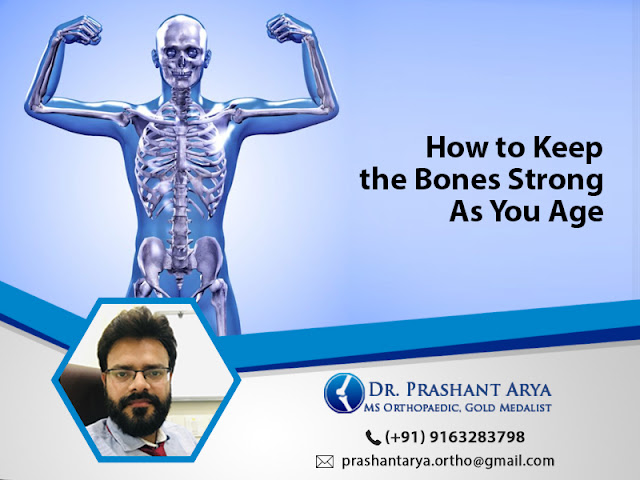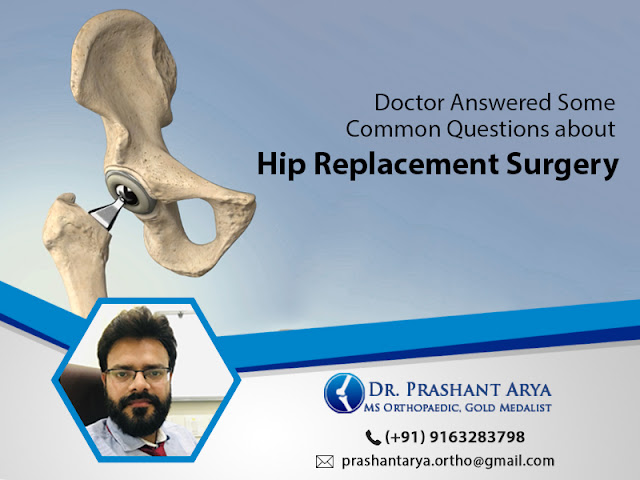Orthopaedic Doctor’s Tips - How to Keep the Bones Strong as You Age
Our body's skeleton system performs some important functions throughout our lifetime. It protects our critical organs and works as a pillar of support for our body's framework. Bones also aid in the storage of minerals like calcium and phosphorus, as well as supporting the muscles for mobility. Our bones undergo a series of modifications from birth through old life. By the age of 30, bone mass density has reached its maximum level. Following that, it tends to lose more bone mass than it gains.
Osteoporosis is a common illness that affects people as they get older. Bones become brittle and fragile in this disease. According to the best orthopaedic doctor in Newtown, adults over the age of 50 are more likely to suffer from weakness or brittleness of bone.
Are there any Risk Factors
Certain risk factors may work as a stimulant for the onset of osteoporosis early in life. Risk factors include a lack of vitamin D and calcium in the diet, lack of physical activity, being underweight, smoking and drinking, abnormal hormone levels, and the use of certain drugs.
Orthopaedic Doctor’s Tips
As we get older, the risk factors may increase our vulnerability to osteoporosis. On the other side, to improve your bone health, you can incorporate the following ideas into your lifestyle:
Including calcium and vitamin D-rich foods and beverages in your diet: Calcium is found in low-fat dairy, soy milk, tofu, leafy greens, leguminous pulses, salmon, and almonds, among other foods. Vitamin D can be obtained by exposing one's body to sunshine for 10-15 minutes twice or thrice a week. Vitamin D is also found in fortified milk and cereals, as well as salmon, tuna, shrimp, and oysters.
Regular exercise for about half an hour keeps the muscles and bones in good shape: One of the finest strategies to keep fit and strong bones is to do strength training, weight training activities, and dance.
Tobacco and alcohol misuse should be avoided: Women should restrict alcohol intake to one drink a day, while men should consume no more than two drinks per day, says the orthopaedic specialist in Salt lake.
Frequent health check-ups: Regular bone density examinations and health check-ups with doctors can help prevent excessive bone density loss as you get older.
How to Care for Bones After 30
It's not a bad idea to get started early. As a result, it is critical to begin caring for bones at an early age in order to avoid poor bone health later in life. Bones grow rapidly during childhood and adolescence. These are critical years for bone health development.
Some measures that help promote good bone health after the age of 30 include:
Daily exercise for at least 30 minutes
Taking precautions to avoid falls or accidents
Bone density testing on a regular basis, especially with a fractured bone
Calcium and vitamin D supplementation for anyone over the age of 50
Taking bone density medicines as advised by your orthopaedic surgeon
Periodic Dexa scan for high-risk or susceptible patients



Comments
Post a Comment